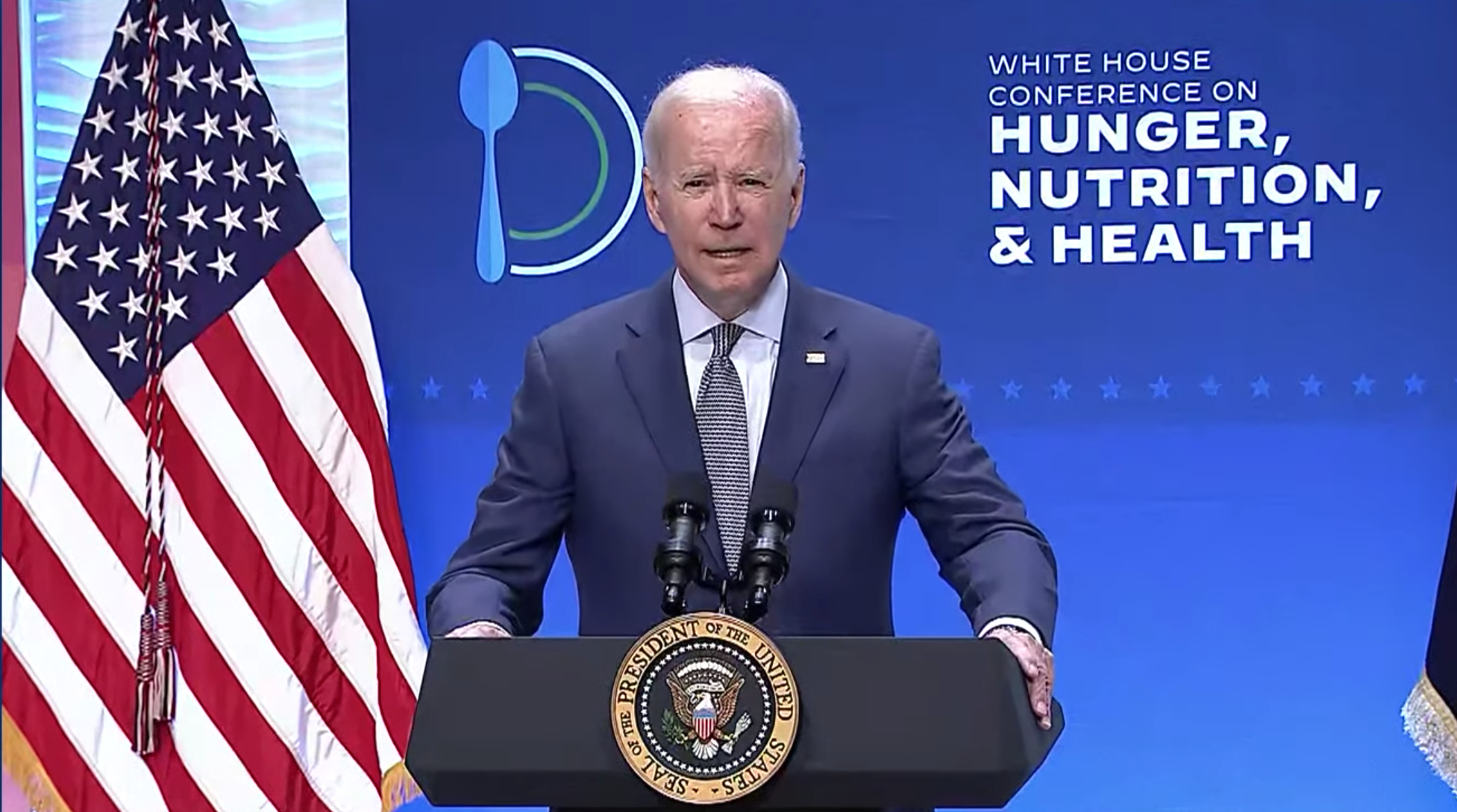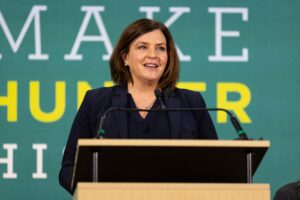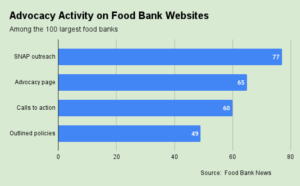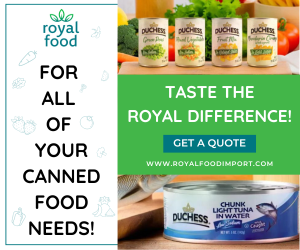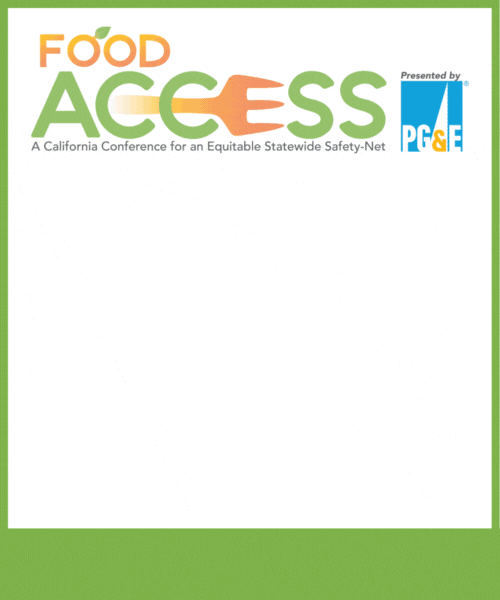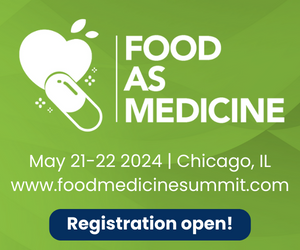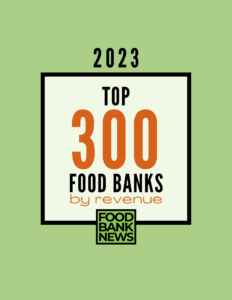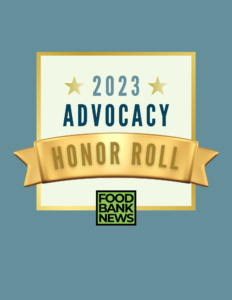It was hard not to be inspired when no less of an influencer than President Joe Biden said, “I really do know we can do this – end hunger in this country by the year 2030.”
The President’s ambition met the energy of the crowd at the White House’s much-anticipated Conference on Hunger, Nutrition and Health, held last week. “It was so refreshing to have something so positive and tangible to really wrap our heads around,” said Lisa Hamler-Fugitt, Executive Director of the Ohio Association of Food Banks.
The day-long conference came one day after the release of the Administration’s national strategy on hunger, nutrition and health, as well as the announcement of $8 billion worth of commitments from business, civic, academic and philanthropic institutions to support the cause.
Attendees found a lot to like in the overall package. Joel Berg, CEO of Hunger Free America, was pleased that the plan led with an emphasis on the safety net and initiatives like the child tax credit, while putting philanthropy in a supporting role. “It did not send the message that charities could unilaterally solve the problem, and it did not say that they had no role,” he noted.
With Jimmieka Mills, who grew up with hunger, poverty and homelessness and now runs a non-profit in the space, introducing the President, the conference also did a lot to amplify the voices of people with lived experience, attendees agreed.
For Berg, the message came through that low-income people want the anti-hunger movement to focus on ending hunger and ensuring access to healthy food. “They want us to do both,” he said, adding, “We need donors to be on the same page.”
Jackie DeCarlo, CEO of Md.-based Manna Food Center, was happy to see that the goal of improved food access emphasized the concept of affordability, in part by putting more money into people’s pockets through SNAP. “If people don’t have money, they can’t shop, no matter how many bus lines can take you there,” she noted.
Strengthening the connection between nutrition and health got a lot of attention at the conference, and rightly so, according to Hamler-Fugitt. America has set itself on an “unsustainable path” by spending so much on health care, she said. “We cannot continue to spend more and more of our GDP on worse health outcomes.”
Hamler-Fugitt was heartened that the national plan specifically called for the use of 1115 Medicaid waivers to fund Food is Medicine pilots like medically tailored meals and produce prescriptions. “That is an absolute game changer that could save billions and billions and billions of dollars in the healthcare industry,” she said, adding that food banks need to be involved in that work.
Speaking on one of the panels, Karen Pearl, President and CEO of God’s Love We Deliver, which supplies medically tailored meals throughout New York City, said that a variety of “patchwork” programs have demonstrated the cost savings and health benefits that accrue from Food is Medicine initiatives. “But a pilot here and there is not the same as an actual policy that makes medically tailored meals a fully reimbursable benefit,” Pearl said. “I want to be really clear that that is where we need to go.”
That goal makes sense to DeCarlo, whose organization is involved in Food is Medicine initiatives on a small scale. “We may have the right partners, but do we have all the tools to actualize” such efforts, she asked.
That’s how the White House Conference can be helpful. Despite President Biden’s optimism, the anti-hunger movement still faces numerous legislative blockades to fulfilling the goals of the national strategy. The White House Conference offers an assist, DeCarlo noted, by “giving legitimacy to these ideas.” – Chris Costanzo
Like what you’re reading?
Support Food Bank News
This article was made possible by the readers who support Food Bank News, a national, editorially independent, nonprofit media organization. Food Bank News is not funded by any government agencies, nor is it part of a larger association or corporation. Your support helps ensure our continued solutions-oriented coverage of best practices in hunger relief. Thank you!
Connect with Us:
